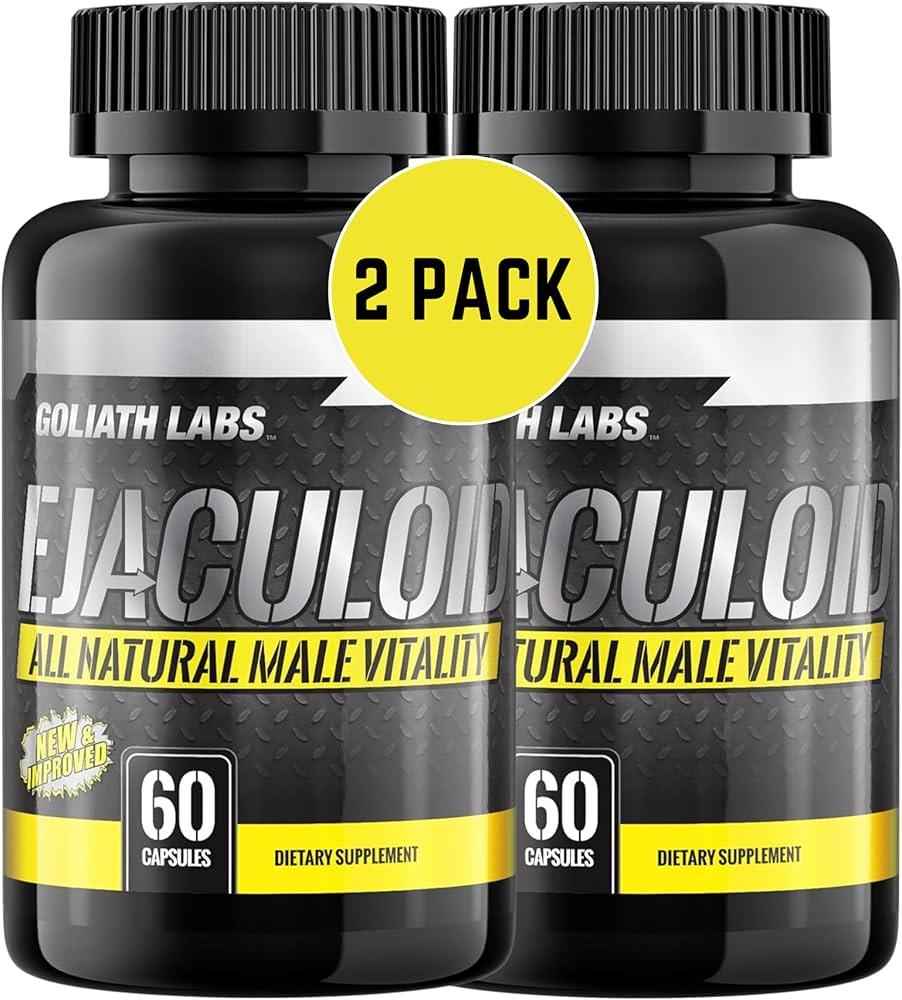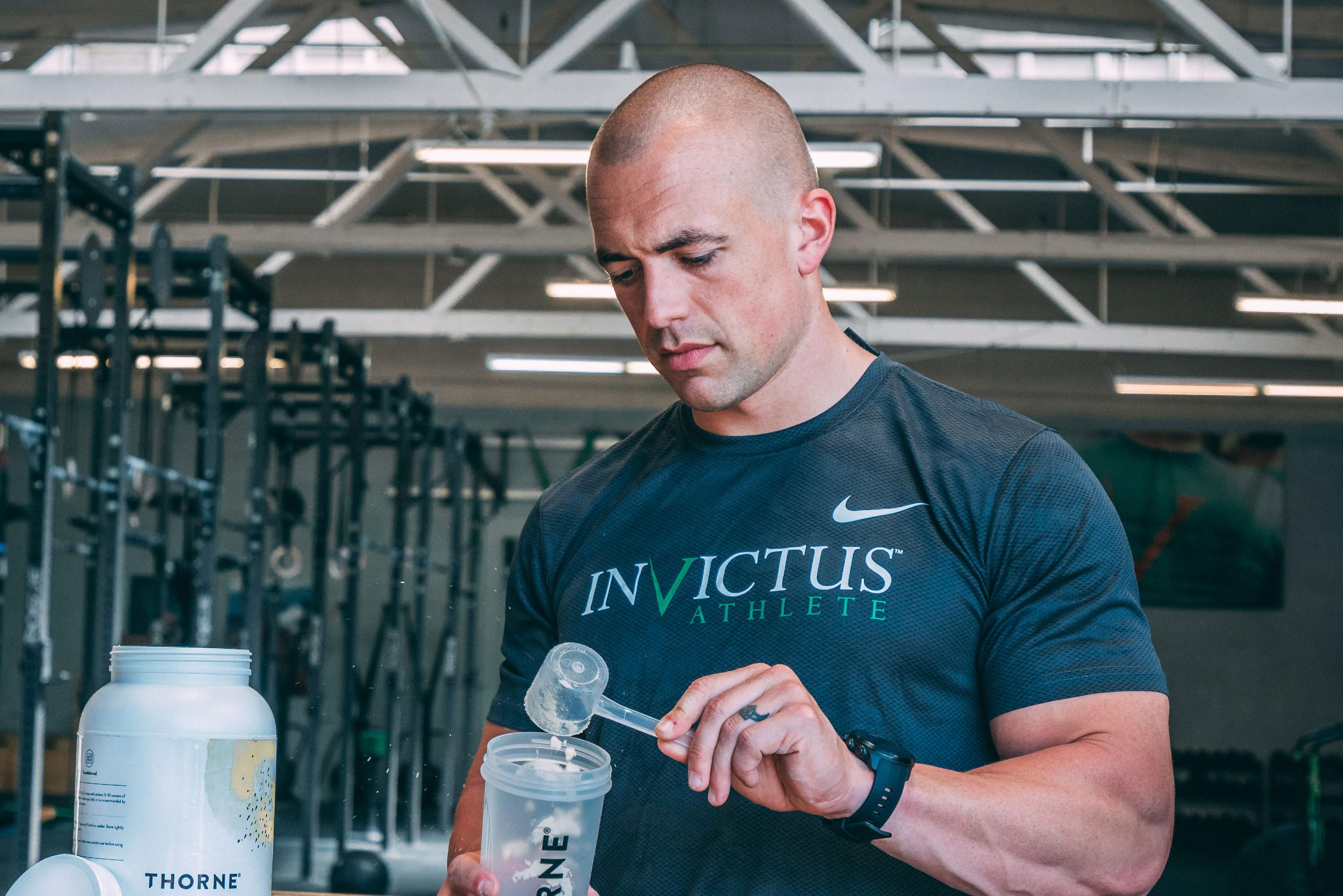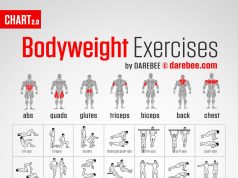In the world of health and fitness, supplements often occupy a shimmering spotlight, promising to unlock the doors to enhanced performance and peak potential. From the bustling aisles of health stores to the vast digital marketplace, these products beckon with vibrant labels and bold claims. Yet, beneath the surface of this multi-billion-dollar industry lies a question that continues to intrigue athletes, fitness enthusiasts, and casual gym-goers alike: Do supplements actually enhance performance? As we embark on this exploration, we’ll sift through the hype and delve into the science, aiming to uncover the truths, myths, and nuances that define the supplement landscape. Whether you’re a seasoned athlete or a curious newcomer, join us on this journey to discern whether these coveted capsules and powders truly hold the power to elevate our capabilities or if they remain mere promises in a bottle.
Exploring the Science Behind Performance-Boosting Supplements
The science behind performance-boosting supplements is as fascinating as it is complex. These products often promise enhanced endurance, strength, and recovery, but how do they actually work? Many of these supplements aim to optimize the body’s natural processes by providing essential nutrients that might be lacking in a regular diet. Creatine, for example, is one of the most researched supplements, known for its ability to enhance muscle mass and improve exercise performance by increasing the availability of ATP, the energy currency of the cell.
Additionally, supplements like beta-alanine are popular for their role in buffering acid in muscles, which may delay fatigue during high-intensity workouts. Branched-Chain Amino Acids (BCAAs) are often used to support muscle recovery and reduce soreness, potentially allowing athletes to train harder and more frequently. While these supplements can offer benefits, their effectiveness can vary based on individual factors such as diet, the type of exercise performed, and personal health conditions. It’s crucial to consider these variables and consult with a healthcare professional before adding any new supplement to your regimen.
- Creatine: Increases ATP availability.
- Beta-Alanine: Buffers muscle acid to delay fatigue.
- BCAAs: Supports muscle recovery and reduces soreness.
Unveiling the Myths: What Supplements Can and Cannot Do
- Boosting Physical Performance: While some supplements are marketed with promises of enhancing physical prowess, the truth is more nuanced. Creatine, for example, is widely recognized for its ability to increase strength and muscle mass in athletes, but it doesn’t work miracles overnight. Similarly, caffeine is often praised for its role in improving endurance and focus during workouts, yet its effects can vary based on individual tolerance levels. It’s essential to understand that these supplements may complement a well-structured training regimen but are not substitutes for dedication and hard work.
- Mind and Mood Enhancement: Nootropics and other cognitive enhancers are often touted for their ability to sharpen focus and elevate mood. Ingredients like ginkgo biloba and omega-3 fatty acids have shown some promise in supporting brain health. However, the impact of such supplements is often subtle and may not be universally effective. Factors like lifestyle, diet, and genetic predisposition play significant roles in how these supplements work, making it crucial to manage expectations and not rely solely on them for cognitive enhancement.

Evaluating Safety and Efficacy: Expert Opinions on Supplement Use
When considering the use of supplements for performance enhancement, expert opinions are divided on both their safety and efficacy. Dietitians and nutritionists often emphasize the importance of a balanced diet, suggesting that most nutrients required for optimal performance can be obtained through whole foods. They caution against the unregulated nature of the supplement industry, where quality control can be inconsistent, potentially leading to the presence of harmful substances.
Conversely, some sports scientists and athletic trainers argue that specific supplements, when used appropriately, can indeed offer performance benefits. They highlight certain supplements that have undergone rigorous testing and demonstrate proven benefits, such as:
- Creatine: Known for improving strength and muscle mass.
- Caffeine: Often used to enhance endurance and focus.
- Beta-Alanine: May aid in reducing muscle fatigue.
Ultimately, the consensus among experts is that while some supplements can be beneficial, they should never replace a healthy diet. It is crucial for individuals to consult with healthcare professionals before beginning any supplement regimen to ensure both safety and alignment with personal health goals.

Making Informed Choices: Recommendations for Athletes and Fitness Enthusiasts
For athletes and fitness enthusiasts, the allure of supplements often lies in their promise to enhance performance and expedite recovery. However, the key to making informed choices about these products involves a careful evaluation of their benefits and potential risks. While some supplements, such as creatine and beta-alanine, have been backed by scientific studies for improving strength and endurance, others may not deliver the results they claim. It’s crucial to consider the following factors when deciding whether to incorporate supplements into your regimen:
- Research and Evidence: Investigate the scientific backing for any supplement. Reliable studies can provide insights into its effectiveness and safety.
- Quality and Purity: Opt for products from reputable brands that adhere to rigorous quality control standards to ensure purity and potency.
- Personal Needs and Goals: Tailor your supplement choices to your specific athletic goals, whether it’s building muscle, improving endurance, or enhancing recovery.
- Consultation with Professionals: Seek advice from healthcare providers or nutritionists who can offer personalized guidance based on your health status and performance objectives.
Ultimately, while supplements can play a role in supporting athletic performance, they should complement, not replace, a well-balanced diet and comprehensive training program. Being informed and discerning in your choices will help you achieve your fitness goals safely and effectively.






























